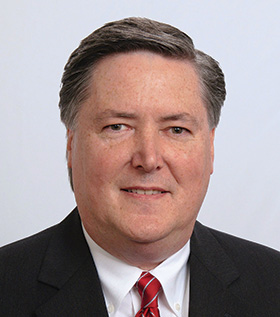Stakeholders ‘anxious’ for movement on seat elevation, standing

By Liz Beaulieu, Editor
Updated 12:14 PM CDT, Fri November 5, 2021
 WASHINGTON – Complex rehab stakeholders have added additional layers of pressure on CMS to improve access to power seat elevation and power standing systems.
WASHINGTON – Complex rehab stakeholders have added additional layers of pressure on CMS to improve access to power seat elevation and power standing systems.
Sens. Tammy Duckworth, D-Ill., Marsha Blackburn, R-Tenn., and Robert Casey, D-Pa., in October sent a letter to CMS asking the agency not just to take the next step but to amend the national coverage determination for mobility assistive equipment to include coverage of seat elevation and standing systems that are embedded in power wheelchairs.
“This was a strong letter asking CMS to move forward in the process, which was the message of (a previous letter sent by members of the House of Representatives),” said Don Clayback, executive director of NCART. “(But) the Senate letter was even stronger. It asked CMS to move forward, but it encouraged them – recommended for them to, actually – cover these items and allow people with disabilities to access this type of technology.”
The House letter, led by Reps. Jim Langevin, D-R.I., and Don Young, R-Alaska, and signed by 77 representatives, asked CMS to seek public comments on the ITEM Coalition’s request to reconsider the NCD for MAE to include power seat elevation and power standing systems.
The Clinician Task Force in October also published a policy analysis on standing systems in Preventative Medicine Reports, an open access companion journal to Preventative Medicine, that uses the Bardach Framework to examine the request to reconsider the NCD from an ethical perspective. The analysis also includes a flowchart for coverage criteria that is based on the research that was conducted to submit the request.
“We went through a couple of options of why we felt that this regulatory option was going to be good in this point in time and then we also tried to include the ethical perspective on this,” said Cara Masselink, executive director of the CTF. “This is a document that we hope explains (the request) and we hope will excite clinicians and others in the health care field to produce research and show how policy efforts are projects that we can undertake.”
With the issue before CMS for more than a year – the ITEM Coalition made the request to reconsider the NCD back in September 2020 – stakeholders hope the pressure is piling up for the agency to seek public comments.
“Unfortunately, we haven’t seen that as of yet and we are anxious for that,” Clayback said.
Comments